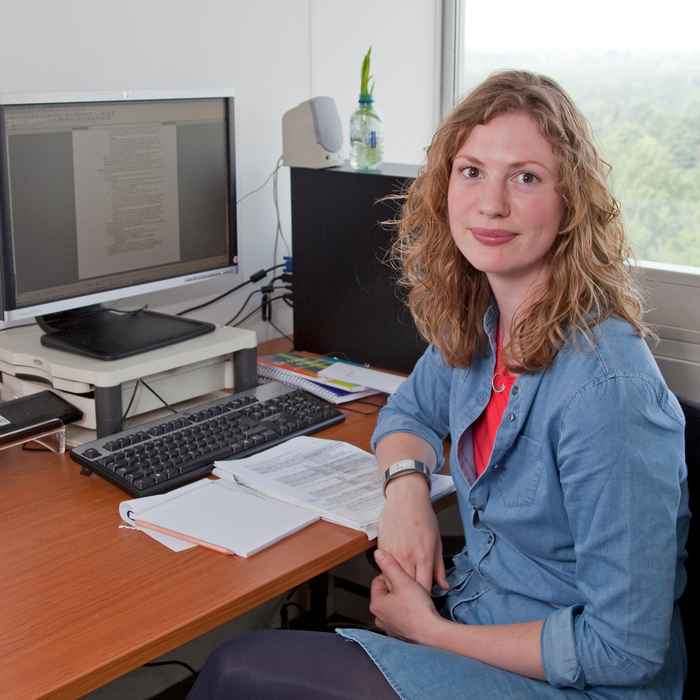Iris Pit receives Rubicon grant from NWO
7 October 2021

Iris Pit is a lecturer at the University of Amsterdam and at the Faculty of Geosciences in Utrecht (UU). This grant will make it possible for Pit to work at Stockholm University in Sweden for two years.
Synthetic chemicals as a cause of biodiversity loss
'This Rubicon will give me the ability to strive for a toxic-free environment using an interdisciplinary approach. I believe addressing synthetic chemicals in surface waters and creating an impact through the science-to-policy process is needed to safeguard river ecosystems in the future,' says Iris Pit.